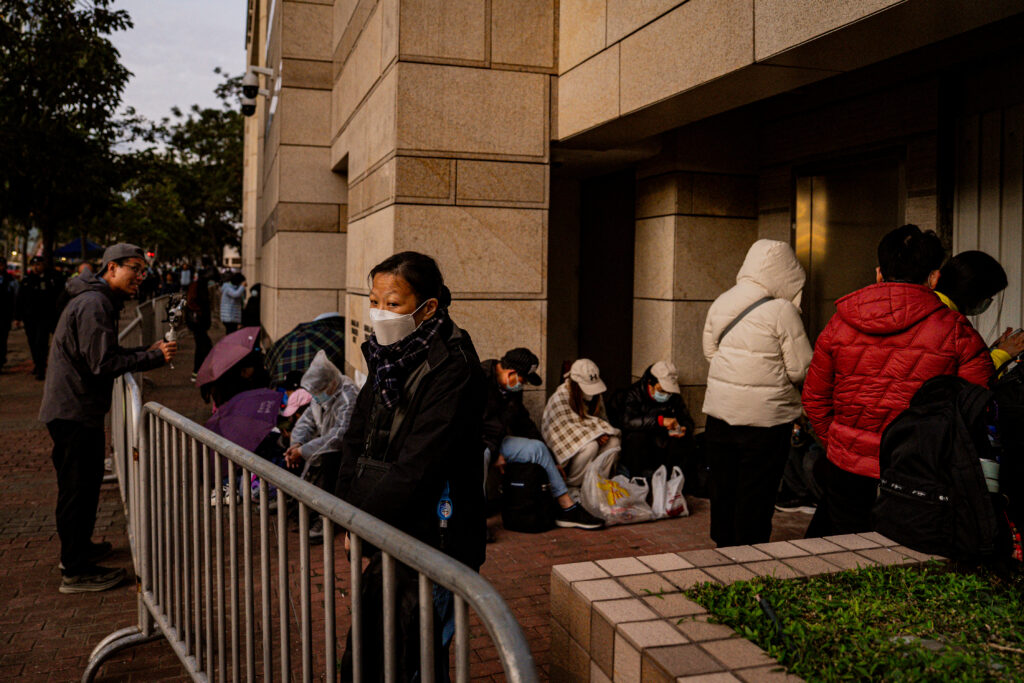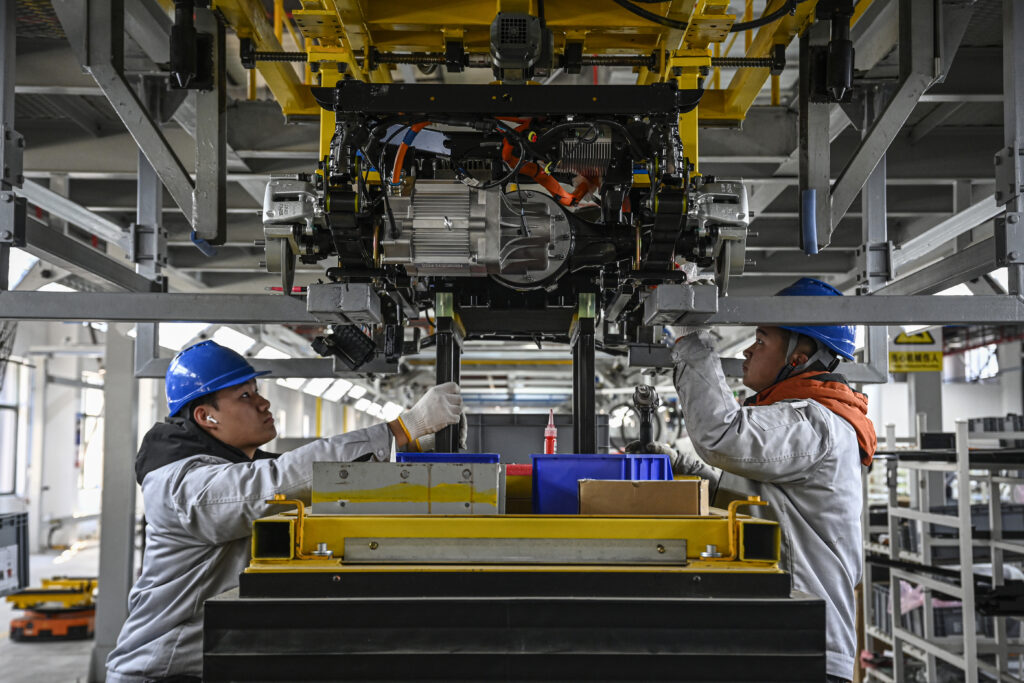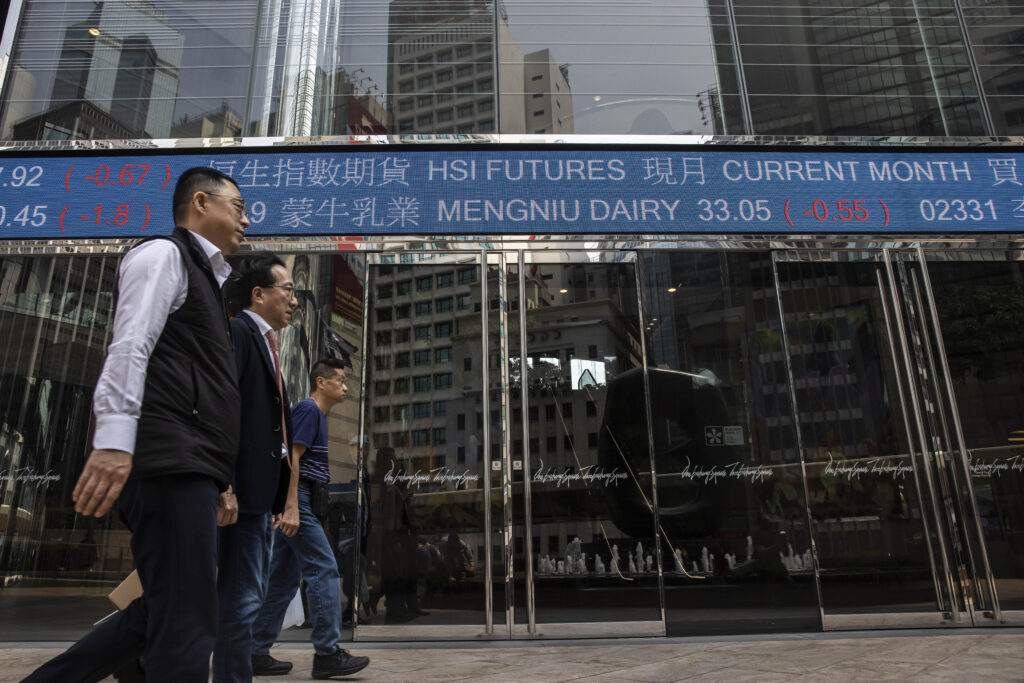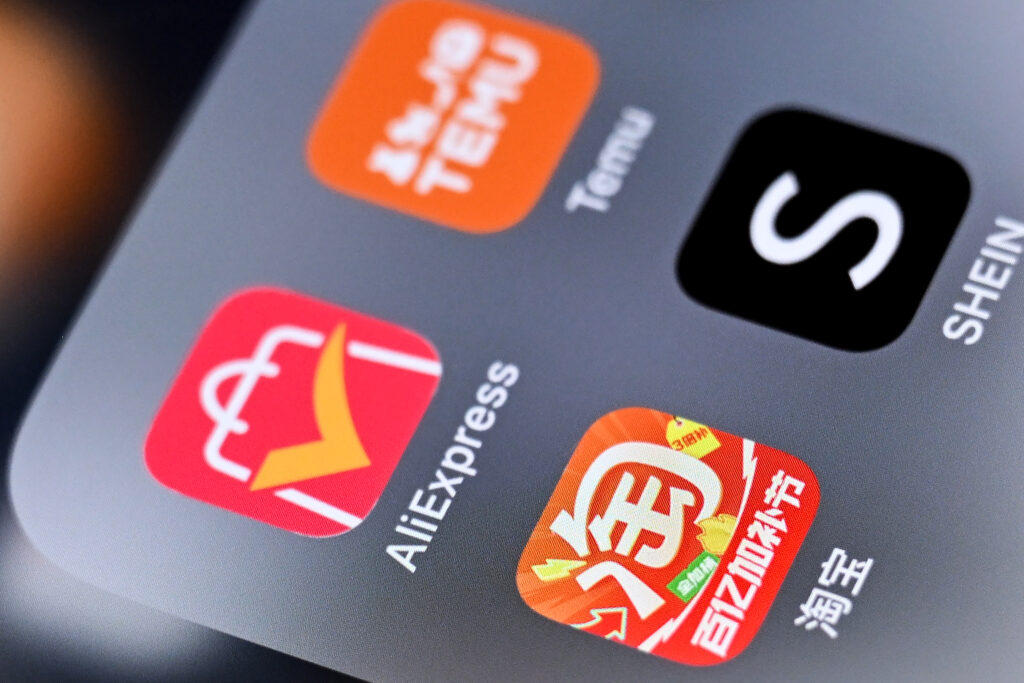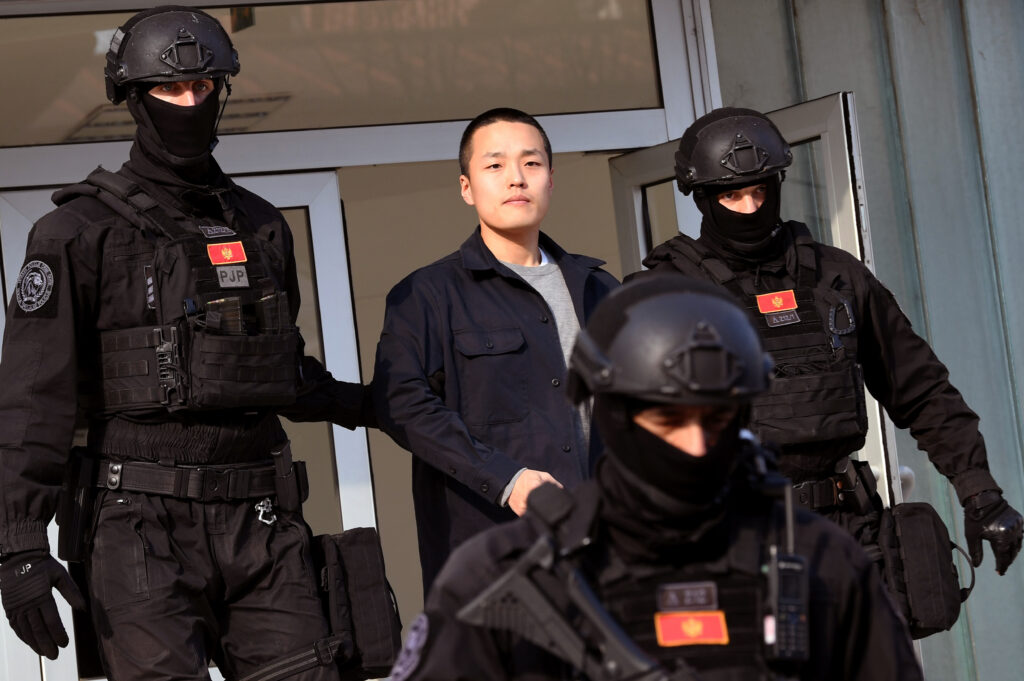Hong Kong court to deliver verdicts on media mogul Jimmy Lai
Long-awaited verdicts in Hong Kong pro-democracy media tycoon Jimmy Lai’s national security trial will be delivered on Monday, one of the city’s most closely watched rulings since its return to Chinese rule in 1997.Around 80 people queued outside the West Kowloon court building at dawn, some describing themselves as supporters anxious about Lai’s wellbeing.”I really want to see what’s happening with ‘the boss’, to see if his health has deteriorated,” said Tammy Cheung, who worked at Lai’s newspaper for nearly two decades.The case has grown into a wedge between Beijing and many Western nations, with US President Donald Trump reportedly calling for Lai’s release during a meeting with Chinese leader Xi Jinping in October.The Apple Daily founder has pleaded not guilty to two counts of “conspiracy to foreign collusion” under the security law, which carry a maximum penalty of life in prison, as well as one count of “conspiracy to publish seditious publications”.Lai turned 78 last week and once described himself as a “born rebel”. He defied the Chinese Communist Party for years while amassing millions from his clothing and media empires.He became a prime target after Beijing imposed the sweeping national security law on Hong Kong in 2020, a year after huge and sometimes violent pro-democracy protests in the finance hub.High Court judges Esther Toh, Alex Lee and Susana D’Almada Remedios will begin delivering their verdicts at 10 am (0200 GMT).If found guilty, Lai will likely be sentenced at a later date and can appeal.Beijing said Friday it “firmly supports” Hong Kong in “safeguarding national security” from criminal acts.Lai is a British citizen, and British Prime Minister Keir Starmer faces pressure from rights groups to secure his release.Before Monday’s verdict, another former Apple Daily employee surnamed Chan recalled that Lai wished for a “free and democratic China”.”He loved the country a lot, he just didn’t love the regime. (The situation) is absurd,” Chan told AFP outside court.- Health concerns -Lai has been jailed since December 31, 2020, and the state of his health is contested by his family and authorities.He last appeared in court in August, fitted with a heart rate monitor after lawyers said he had palpitations.Lai gave spirited courtroom testimony and was quick to respond to, and even bicker with, prosecutors and judges.His daughter Claire told AFP last week that Lai, a diabetic, had “lost a very significant amount of weight” and showed nail and teeth decay.The Hong Kong government said Friday Lai has received “adequate and comprehensive” care and that “no complaints” had been raised.Authorities also confirmed that Lai had been held in solitary confinement, but said that “has all along been made at his own request”.- Sprawling trial -Prosecutors accused Lai of masterminding a conspiracy involving Apple Daily’s senior management, citing 161 items the outlet published.Those items, which included op-eds with Lai’s byline and online talk shows he hosted, were deemed seditious under a colonial-era law because they “excited disaffection” against the government.Some of the items also breached the later national security law by asking foreign countries to impose “sanctions or blockade” or take “hostile activities” against Hong Kong or China.Lai was grilled for days over his political connections in the United States, Britain and Taiwan, including a 2019 meeting with then-US vice president Mike Pence.Prosecutors also accused Lai of being the mastermind and financial backer of the protest group “Stand with Hong Kong, Fight for Freedom”.Lai countered that he had never sought to influence other countries’ foreign policies through his overseas contacts. He also distanced himself from violence and separatism, saying Apple Daily represented Hongkongers’ core values: “rule of law, freedom, pursuit of democracy, freedom of speech, freedom of religion, freedom of assembly”.Apple Daily was forced to close in 2021 after police raids and the arrests of senior editors.Six top executives were charged as co-defendants and have already pleaded guilty.
